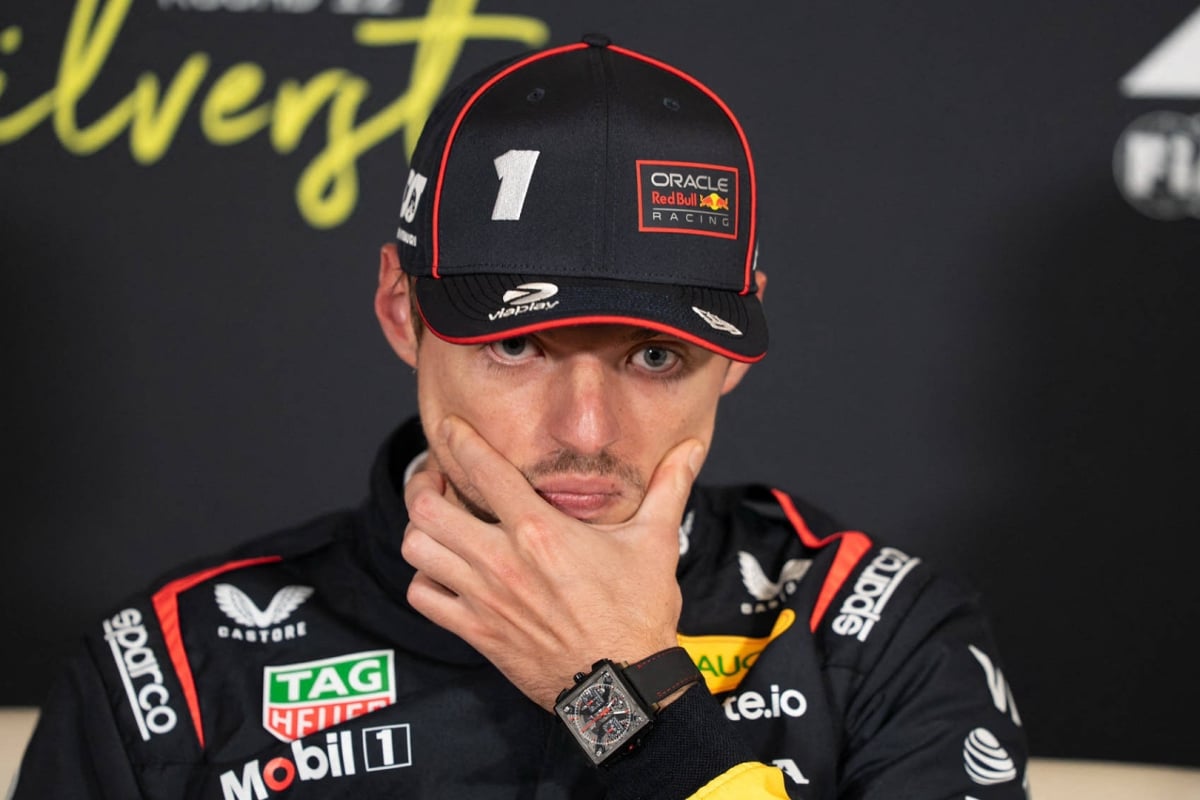Red Bull risk becoming ‘SLOWEST’ team on t… read more
Red Bull Racing, the dominant force in Formula 1 for the last several seasons, is facing a worrying decline in performance. While the team’s past few years have been characterized by almost unstoppable victories, whispers of a potential shift in fortunes are growing louder, and experts are beginning to seriously consider the possibility of Red Bull slipping to the slowest team on the grid.
This isn’t a sudden collapse, but a gradual erosion of the team’s once-unassailable lead. The whispers started with a series of disappointing qualifying performances in the early stages of the 2024 season, where the cars consistently struggled to achieve the top qualifying positions they had come to expect. While race day results haven’t been as catastrophic, there are nagging issues that suggest a fundamental problem beneath the surface.
The first and arguably most significant concern is the car’s handling characteristics. Initial reports from test drivers and technical analysts point to a significant deficiency in the car’s balance and cornering prowess. The Red Bull, a machine synonymous with blistering acceleration and precise braking, seems to be losing its edge in crucial areas of the track. This deficiency in handling is not only affecting qualifying performance, but also impacting race strategies, forcing the drivers to make compromises and often impacting their race positions.
Further compounding the problem is the team’s perceived struggle to adapt to the evolving regulations. The FIA’s ongoing efforts to control spending, promote competitive balance, and improve racing spectacle have seemingly caught Red Bull in a moment of vulnerability. The constant influx of new rules and technologies necessitates a quick turnaround and substantial developmental investment. The pressure to keep innovating and outperforming other teams has potentially impacted the team’s ability to efficiently diagnose and fix the underlying issues plaguing the car.
The constant scrutiny of the team from the media and fans, fueled by the seemingly endless string of victories in recent seasons, has likely contributed to the increased pressure. The expectation of absolute dominance has created a pressure cooker environment, potentially hindering creative problem-solving and fostering a climate where subtle errors are magnified and amplified. A change in mindset might be necessary to address this pressure.
Technical issues within the team are also emerging as a potential contributing factor. Sources close to the team have reported internal disputes regarding the direction of the development program. Differing views on priorities and approaches to problem-solving might have resulted in a lack of cohesion and efficiency in the engineering department. This internal conflict could be hindering the team’s ability to consistently deliver a high-performing car, as resources might be misallocated or focused on areas that have less impact.
Beyond the technical challenges, the team’s driver line-up is also a factor. While Max Verstappen remains a formidable force, the team’s second driver has been consistently outperformed this season, potentially creating a disparity in performance levels between the two top drivers. This is not necessarily a driver issue, but rather a reflection of the current state of the car. A driver consistently performing to a high level in a car that isn’t performing up to par might be a sign of the team’s overall difficulties.
The current performance slump could be viewed as a temporary setback, a natural fluctuation in a highly competitive sport. However, the cumulative effect of these factors paints a concerning picture. The sustained nature of these issues suggests a more fundamental problem that needs immediate attention. Should the team fail to address these challenges decisively and efficiently, the possibility of Red Bull becoming the slowest team on the grid is a real and disturbing prospect. This could have a significant impact not only on the team’s future performance, but also on the entire fabric of Formula 1, as the sport thrives on healthy competition and the pursuit of excellence.
The recent performance struggles are a critical juncture for Red Bull. If they can swiftly diagnose and rectify the underlying issues, they stand a chance of regaining their dominance. However, if the issues persist, they risk a potentially devastating loss of credibility and the erosion of their status as a powerhouse in Formula 1. The entire Formula 1 community is watching, waiting to see if Red Bull can rise to the challenge and restore its former glory, or if the whispers will become a deafening roar.




